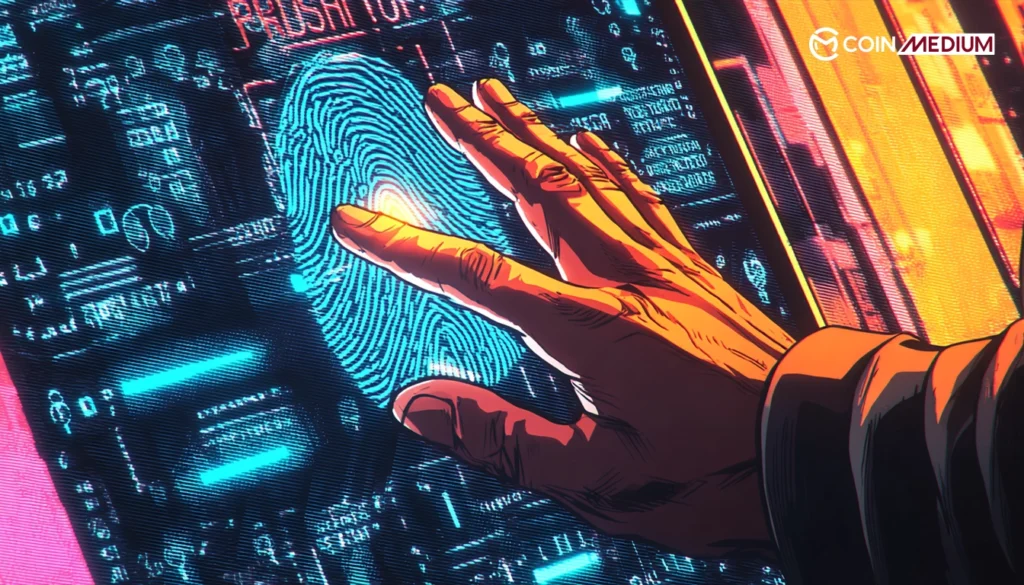Citibank is being sued by a man who says the bank didn’t catch warning signs of a fake online romance that tricked him into losing $20 million in crypto.
The case was filed on Tuesday in Manhattan’s federal court. The man, Michael Zidell, says the bank was careless and helped the scammers by not stopping the suspicious transfers.
Zidell claims Citibank let him send about $4 million to the scammers without asking questions, even though there were several red flags.
How a Fake Romance Led to a $20M Crypto Scam
The scam is called a “pig butchering” scam, where fraudsters create fake romantic relationships online and slowly convince the victim to invest in fake crypto platforms.
Zidell says it started in early 2023, when a woman named “Carolyn Parker” messaged him on Facebook. She said she was a successful businesswoman and began a romantic connection with him. Later, she got him to invest in NFTs through a trading site she recommended.
Over several months, Zidell sent 43 wire transfers adding up to more than $20 million through different banks. Twelve of these transfers, worth $4 million, were sent through Citibank to a company called Guju Inc.
Zidell says Citibank ignored warning signs related to Guju Inc.’s account. These included large, round-number transfers from many people and trusts, something that usually raises red flags.
He claims the bank should have looked more closely at these transactions, as required by anti-money laundering rules.
According to the lawsuit, “Citibank turned a blind eye” to its legal responsibilities and didn’t check Guju’s activity even though there were clear signs of fraud.
Zidell is seeking damages, saying banks like Citibank must do a better job of protecting customers from clever scams involving crypto.
Rise in Romance Crypto Scams
Scams involving fake online relationships and crypto are on the rise. Data from Cyvers says these scams caused over $5.5 billion in losses last year from 200,000 cases.
Chainalysis also reported $9.9 billion in total crypto scam losses in 2024, and this number is expected to go up.
Coinbase helped in this operation by working with Tether to freeze 39 suspicious wallets. Coinbase analysts then tracked the stolen crypto and found more than 130 victims.
As crypto scams like this become more common and harder to detect, the case raises big questions: How much responsibility should banks have when it comes to spotting fraud? And what more can be done to protect people from losing their money in the digital world?



